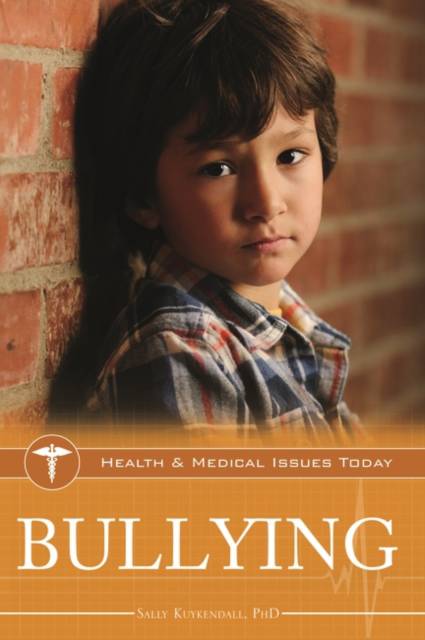
- Retrait gratuit dans votre magasin Club
- 7.000.000 titres dans notre catalogue
- Payer en toute sécurité
- Toujours un magasin près de chez vous
- Retrait gratuit dans votre magasin Club
- 7.000.0000 titres dans notre catalogue
- Payer en toute sécurité
- Toujours un magasin près de chez vous
76,45 €
+ 152 points
Description
This important text presents bullying as a health issue and proposes effective strategies for diagnosis, treatment, and prevention based on current scientific research of aggressive behaviors.
Bullying goes far beyond typical treatments of the topic by presenting an overview of the research concerning the causes, symptoms, and prevalence of bullying to illustrate how it is not simply a social issue but both a genuine medical and health issue. The author draws upon both clinical data and her own extensive experience observing children's interactions on school playgrounds and from interviewing parents, teachers, administrators, and children themselves to reach conclusions about evidence-based prevention and treatment. The work provides a deeper understanding of bullying by presenting biological and psychological theories of aggression, describing why bystanders who witness bullying react in the way that they do, offering novel ways to deal with the problem, and presenting proven methods that concerned bystanders of all ages can employ to break bullying behaviors--without increasing their own risk. It provides information of great relevance to students, parents, counselors, educators, teaching assistants, and administrators.Spécifications
Parties prenantes
- Auteur(s) :
- Editeur:
Contenu
- Nombre de pages :
- 192
- Langue:
- Anglais
- Collection :
Caractéristiques
- EAN:
- 9781440800276
- Date de parution :
- 17-10-12
- Format:
- Livre relié
- Format numérique:
- Ongenaaid / garenloos gebonden
- Dimensions :
- 155 mm x 236 mm
- Poids :
- 430 g

Les avis
Nous publions uniquement les avis qui respectent les conditions requises. Consultez nos conditions pour les avis.






